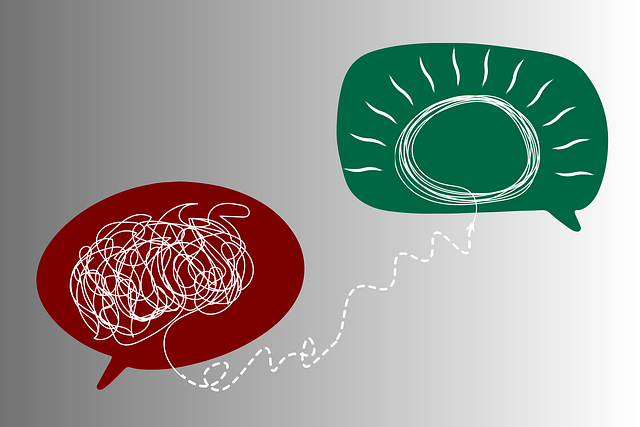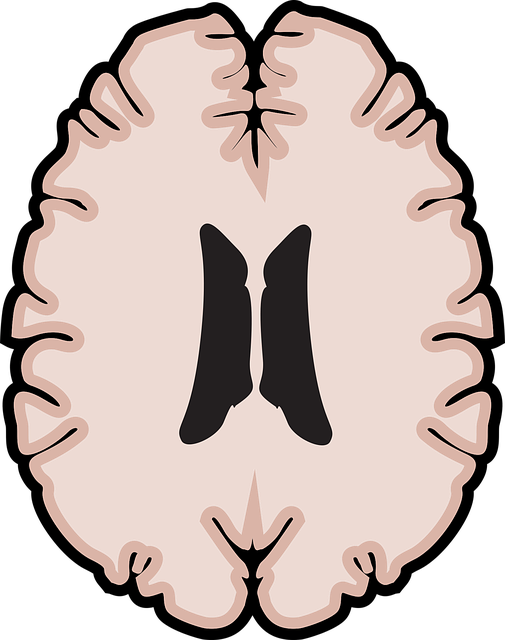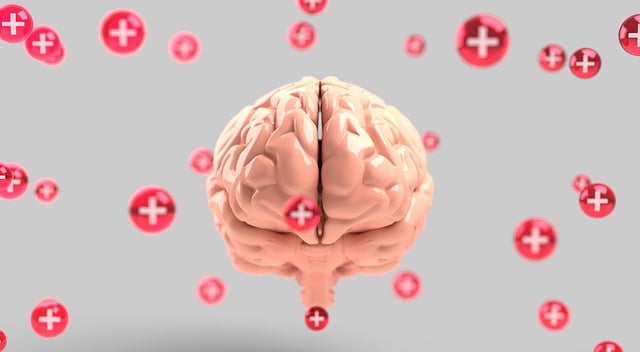Children experience stress differently than adults, requiring tailored interventions like Stress Management Workshops. Pressures from academics, peers, family dynamics, and lifestyle can trigger long-term health issues if unaddressed. The organization should focus on providing therapy for children's relationship issues and trauma to build resilience and promote well-being. These workshops, incorporating mindfulness, stress reduction, and cultural competency training, create safe spaces for open communication, fostering self-awareness and confidence in kids. Success lies in addressing sensitive topics like mental health concerns, enhancing relationships, and encouraging self-care routines through diverse techniques and tailored approaches.
Stress management workshops play a vital role in empowering children to navigate their emotional well-being. This article guides parents, educators, and caregivers through effective strategies to organize and facilitate stress-relieving sessions for kids. We explore the unique challenges children face, offering insights into understanding their stress responses. Learn how to design engaging workshops, foster open dialogue, and provide practical tools tailored to young minds, addressing underlying relationship issues through therapeutic interventions.
- Understanding Children's Stress and Its Impact
- Designing Effective Stress Management Workshops for Kids
- Creating a Safe Space: Facilitating Open Dialogue
- Practical Tools and Techniques for Long-Lasting Relief
Understanding Children's Stress and Its Impact

Children experience stress just like adults, but their ability to express and manage it differs significantly. It’s crucial to understand that stress in children can stem from various sources, including academic pressures, peer relationships, family dynamics, and even lifestyle factors. When left unaddressed, chronic stress can lead to serious health issues for kids, affecting both their physical and mental well-being. For instance, prolonged stress may contribute to anxiety disorders, depression, and even physical ailments like headaches and stomach aches.
In the context of a Stress Management Workshops Organization, focusing on children’s stress is paramount. Providing therapy for children that targets relationship issues and trauma can be instrumental in burnout prevention. By equipping them with healthy coping mechanisms early on, these workshops play a vital role in Burnout Prevention Strategies for Healthcare Providers by fostering resilience and promoting overall well-being. This proactive approach ensures that the younger generation is better equipped to navigate life’s challenges, thereby reducing the risk of future burnout.
Designing Effective Stress Management Workshops for Kids

Stress management workshops designed specifically for kids play a crucial role in fostering resilience and emotional well-being at a young age. These interactive sessions should focus on teaching children healthy coping mechanisms, helping them understand and manage their emotions effectively. By incorporating activities that promote positive thinking and encourage open communication, therapists can create a safe space for kids to express themselves. Topics such as mindfulness exercises, stress reduction techniques, and building confidence through self-awareness are essential components of these workshops.
Incorporating cultural competency training for healthcare providers is also vital in ensuring that the workshops resonate with diverse backgrounds. Understanding and addressing individual cultural perspectives allows for a more inclusive environment, providing children from various ethnic groups with the tools to navigate stress in ways that align with their unique heritage. This holistic approach not only enhances the effectiveness of therapy but also strengthens the bond between kids and their healthcare providers, fostering trust and open dialogue regarding relationship issues.
Creating a Safe Space: Facilitating Open Dialogue

Creating a safe and supportive environment is paramount when organizing stress management workshops, especially when addressing sensitive topics like relationship issues and mental health concerns. This sense of security encourages participants to open up and engage in honest dialogue. Through interactive activities and guided discussions, facilitators can foster an atmosphere where individuals feel comfortable sharing their experiences and perspectives without fear of judgment.
Promoting open communication is crucial for several reasons. It enables the exploration of personal stressors, whether related to children’s therapy or healthcare provider burnout. Moreover, it facilitates the exchange of coping strategies and self-care practices, empowering attendees with valuable tools for risk assessment and mental health management. This approach ensures that participants leave the workshop not only with a better understanding of stress management but also with enhanced resilience and improved relationships.
Practical Tools and Techniques for Long-Lasting Relief

Stress management workshops can provide practical tools and techniques that offer long-lasting relief. These sessions often incorporate a range of strategies, from mindfulness and meditation to cognitive behavioral therapy (CBT) and stress reduction exercises. By teaching participants how to manage their stress levels effectively, these workshops empower them to tackle daily challenges with greater resilience.
For instance, therapists may guide children and their parents through activities that foster healthy coping mechanisms, addressing underlying relationship issues. Incorporating cultural sensitivity in mental healthcare practice is crucial, ensuring that the approaches are inclusive and tailored to diverse backgrounds. Additionally, workshops may include guidance on developing a self-care routine and engaging in mental wellness journaling exercises to help individuals process their emotions and promote overall well-being.
Stress management workshops tailored for children are transformative tools, addressing the growing need for mental health support in young minds. By combining evidence-based techniques with a child-centric approach, these sessions create a safe haven where kids can learn healthy coping mechanisms and develop resilience. Through open dialogue facilitated by trained professionals, children gain valuable skills to navigate stress and emotional challenges, fostering better relationships and overall well-being. This proactive approach to therapy for children’s relationship issues is a step towards a healthier and happier future.













